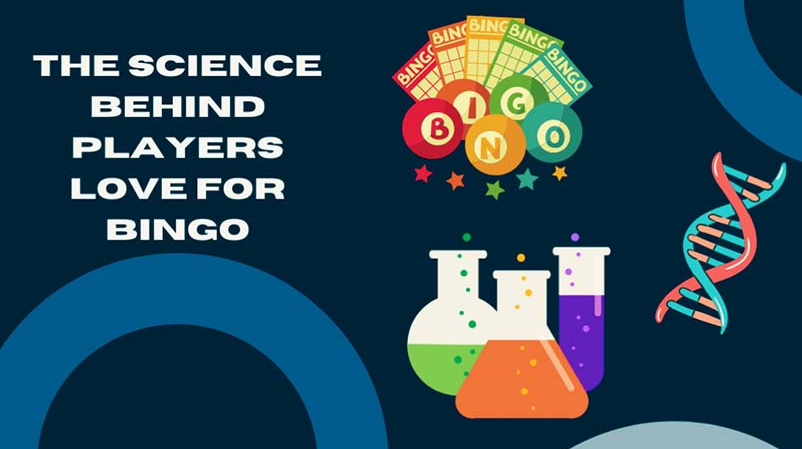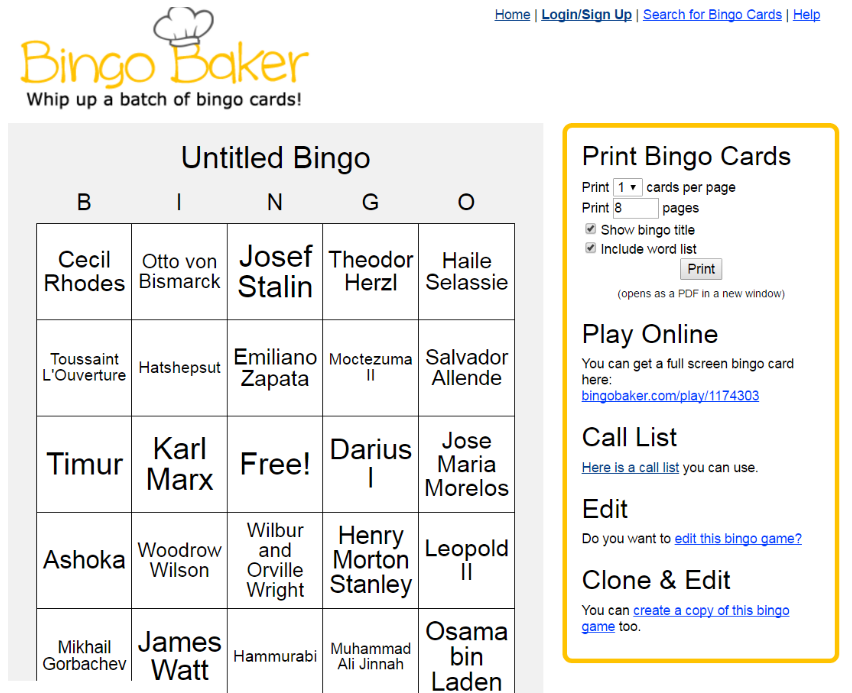Bingo evokes a range of emotions, from the thrill of winning and the joy of social interaction to the anticipation inherent in its unpredictable nature
Table of Contents
ToggleThe Psychological Aspects of Playing Bingo
The Concept of Gaming and Emotional Well-being
Gaming, especially games like Bingo, provides a unique blend of psychological benefits and challenges. Studies show that engaging in recreational activities, including gaming, significantly contributes to emotional well-being. When individuals participate in games like Bingo, they experience a sense of escapism, which allows for temporary relief from daily stresses. This form of leisure activity not only relaxes the mind but also provides opportunities for positive social interactions, enhancing overall happiness and mental health.
Psychological Theories Relevant to Gaming and Emotions
Several psychological theories explain the emotional impact of gaming. The Flow Theory, for instance, suggests that when individuals engage in an activity that is both challenging and enjoyable, like Bingo, they enter a state of ‘flow’ or complete immersion, which is highly satisfying and emotionally rewarding. Another relevant theory is the Self-Determination Theory, which posits that activities fulfilling basic psychological needs—autonomy, competence, and relatedness—boost emotional well-being. Bingo meets these needs by offering control over game decisions, a sense of achievement with wins, and opportunities for social connections.

Emotional Responses to Bingo
Joy and Excitement: The Thrill of Winning
Winning in Bingo elicits intense feelings of joy and excitement. This emotional response is partly attributed to the brain’s release of dopamine, a neurotransmitter associated with feelings of pleasure and satisfaction. The anticipation of waiting for the next number and the sudden realization of a win contribute to an exhilarating experience. This thrill is not just about the monetary gain but also the sense of accomplishment and validation of one’s skill or luck.
Social Connection: Feeling Part of a Community
Bingo is more than just a game; it’s a social event that fosters community and togetherness. Players often engage in conversations, share experiences, and celebrate each other’s wins. This aspect of Bingo is particularly important for groups like the elderly, who may be at risk of social isolation. The game provides a platform for interaction and camaraderie, thus promoting social bonds and a sense of belonging.
Frustration and Disappointment: The Impact of Losing
Not every game can be won, and losing in Bingo can lead to feelings of frustration and disappointment. However, these emotions are often short-lived, as the game’s fast pace and the possibility of future wins keep players hopeful and engaged. It’s important to note that the social atmosphere of Bingo can mitigate negative feelings, as players find support and encouragement from their peers.
Anticipation and Hope: The Draw of Uncertainty
The unpredictable nature of Bingo is a significant draw for many players. The uncertainty of not knowing the next number and the possibility of winning at any moment create a sense of anticipation and hope. This aspect of the game keeps players engaged and contributes to the overall excitement of the experience.
Case Studies and Personal Testimonies
Interviews with Bingo Players: Personal Experiences
Interviews and personal testimonies from Bingo players consistently reveal how the game positively impacts their emotional state. Many describe feelings of joy, a sense of community, and a break from routine. For example, a study involving elderly Bingo players found that the game significantly reduced feelings of loneliness and enhanced their sense of purpose and connection.
Comparative Analysis: Bingo vs. Other Forms of Gaming
Comparing Bingo to other forms of gaming highlights its unique social and emotional benefits. Unlike solitary or online games, Bingo’s real-life social interactions enhance emotional well-being. The simple, inclusive nature of Bingo makes it accessible to a wide range of age groups and skill levels, unlike more complex video games or card games that might require specific skills or technology.

The Social Dynamics of Bingo
Bingo as a Social Event: Beyond the Game
Bingo transcends the boundaries of a mere game; it acts as a social catalyst. Community centers, churches, and even online platforms use Bingo to bring people together. The game’s structure, requiring minimal skill but encouraging group participation, makes it an ideal activity for socialization and community engagement.
The Role of Bingo in Community Building
Bingo plays a pivotal role in community building. It provides a regular gathering point for individuals to interact, share stories, and build relationships. In many communities, Bingo nights are a tradition, fostering a sense of unity and belonging. This aspect of Bingo is particularly beneficial in fostering intergenerational interactions, bridging gaps between different age groups.
The Therapeutic Uses of Bingo
Bingo in Elderly Care: Cognitive and Social Benefits
In elderly care, Bingo is more than just entertainment; it’s a tool for cognitive stimulation and socialization. The game helps maintain mental agility and improves memory recall. Moreover, its social aspect combats loneliness and depression, common issues among the elderly. Regular Bingo sessions in care homes have been linked to improved mood and increased social interaction among residents.
Using Bingo for Educational Purposes
Educators have harnessed the power of Bingo for teaching and learning. Customized Bingo games are used to teach various subjects like language, math, and science. This approach makes learning interactive and fun, increasing student engagement and retention. The versatility of Bingo allows for its adaptation to different educational needs, making it a valuable tool in the learning environment.

